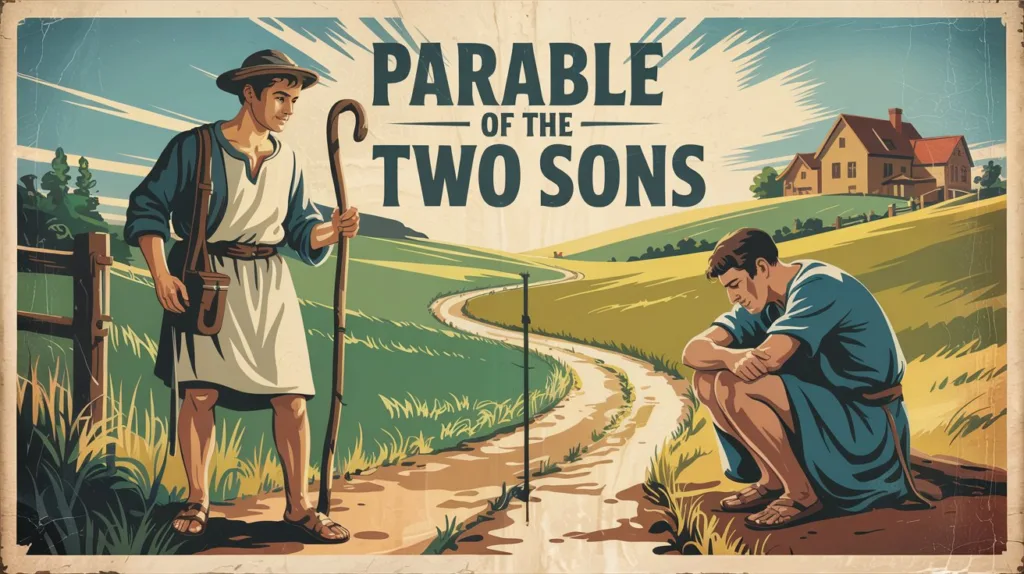Philip baptized the Ethiopian eunuch because the man had believed the gospel and confessed his faith in Jesus Christ. The baptism was immediate, personal, and scriptural. This demons/”>demonstrated that faith, not ethnicity or status, is the requirement for entrance into the body of Christ.
Acts 8:26–28 introduces the account:
“Now an angel of the Lord spoke to Philip, saying, ‘Arise and go toward the south along the road which goes down from Jerusalem to Gaza.’ This is desert. So he arose and went. And behold, a man of Ethiopia, a eunuch of great authority under Candace the queen of the Ethiopians… had come to Jerusalem to worship, and was returning. And sitting in his chariot, he was reading Isaiah the prophet.”
The eunuch was a God-fearer, someone who worshiped the God of Israel but had not become a proselyte. As a eunuch, he would have been excluded from full participation in temple worship (Deuteronomy 23:1). Yet he had made the journey to Jerusalem and was diligently reading Scripture.
The Spirit directed Philip to approach the chariot:
“Then the Spirit said to Philip, ‘Go near and overtake this chariot.’”
(Acts 8:29)
Philip found the man reading from Isaiah 53, the prophetic passage describing the suffering servant:
“He was led as a sheep to the slaughter… and who will declare His generation? For His life is taken from the earth.”
(Acts 8:32–33)
The eunuch asked a vital question:
“I ask you, of whom does the prophet say this, of himself or of some other man?”
(Acts 8:34)
Philip used that exact text to preach Jesus to him. The Word of God was the foundation for evangelism, and the eunuch’s heart was prepared to receive it. As they traveled, they came to water:
“Now as they went down the road, they came to some water. And the eunuch said, ‘See, here is water. What hinders me from being baptized?’”
(Acts 8:36)
Philip replied with a clear qualification:
“If you believe with all your heart, you may.” And he answered and said, “I believe that Jesus Christ is the Son of God.”
(Acts 8:37)
This verse affirms the necessity of a personal confession of faith prior to baptism. The man was not baptized because he was seeking religion, he was baptized because he believed in Christ.
They both went into the water:
“So he commanded the chariot to stand still. And both Philip and the eunuch went down into the water, and he baptized him.”
(Acts 8:38)
The eunuch then continued on his way rejoicing. His immediate joy reflected the inward change that had taken place.
This account demonstrates that salvation is by grace through faith, not by race, ritual, or social status. Philip, led by the Spirit and grounded in Scripture, baptized the eunuch as a visible testimony of a new birth.





 Get the book that teaches you how to evangelize and disarm doctrines from every single major cult group today.
Get the book that teaches you how to evangelize and disarm doctrines from every single major cult group today.